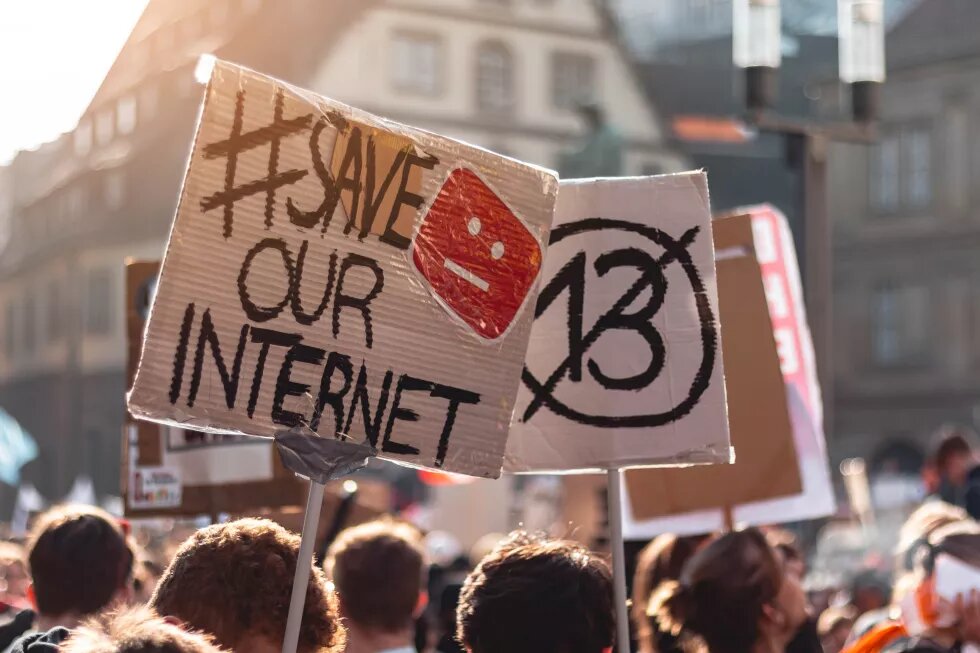
My name is Nnenna. I come from the Internet. I followed the High-Level Panel’s work very closely. I participated in Consultations in Europe and in Africa, Community Consultations, Online Consultations, even a one-on-one consultation. Having been around since WSIS, the Digital Solidarity Fund, Netmundial and the global, regional, subregional, and some national IG Forums. I hold stakes here.
I was a bit underwhelmed by the report. I had expected a more indepth document, of more than 30 pages! What effort the panel must have made in deciding what to keep, how to keep it and what not to put in the main report! I loved the title, The Age of Digital Interdependence. For one, it captures the vision of the pioneers of the Internet: community, commons, co-creation, multi-stakeholders, embracing the future and like Sir Tim Berners-Lee, the inventor of the world wide web puts it “For Everyone”. For me, “Digital” is not the problem. Technology in itself, has not been our major issue. Our challenge is with “Cooperation”… in other words, with people, humans. One question keeps running on my mind: If Digital Solidarity Fund died, and NetMundial went cold, what guarantee do we have that Digital Cooperation will live? How do we engage, going forward, to make it sustainable. Maybe by 2020 we will have a way forward… The introduction of the term “multilateralism” and “holding each other accountable, along with multistakeholderism, for me is a good indication that we may finally be able to have governments get “passionate” over this.
Either for political correctness or just lack of space, I did not see an acknowledgement of the geo-political tensions that exist in our real world. Are the forces that hold sway in global warming, global arms (war and peace), global financial flows (licit and illicit), international air and sea movements, world trade and commerce (tariffs and trade wars), not be the same in Digital Cooperation? What will be the difference between this “Digital Cooperation” and the existing development landscape as we know it today? Virtual collaboration is great but real world (geographic and political) forces (push and pull) are here with us. Will something new happen?
The proposed architectural models for coordination made me smile. The IGF is so much like the United Nations: no rapid response team (army), not enough budget, not much teeth to bite, and not able to take decisions and implement them. The IGF is not what we want it to be. But we do not have a better option. We all wish to be happy, but since we cannot all be happy in our own ways, we settle for collective dissatisfaction. Here is what I see: There is the pessimism of processes that came and went, but also the optimism of a renewed global concern. We need to acknowledge the pessimism of long tortuous UN processes but also the optimism of a large global digital community. There is the pessimism of the connected 50% who may not care, but also the optimism of the unconnected 50% who are to come online. It is time to balance the pessimistic drive of some actors to control and dominate others with the strong optimism of multiple others who seek to use digital tools for human development, poverty reduction and job creation. The age of digital interdependence is the ripe age to challenge the strength of digital pessimism with the power of resolute, concerted digital cooperation.
This article was first published (12th November 2019) online via hiig.de and is part of the publication "Critical Voices, Visions and Vectors for Internet Governance".

